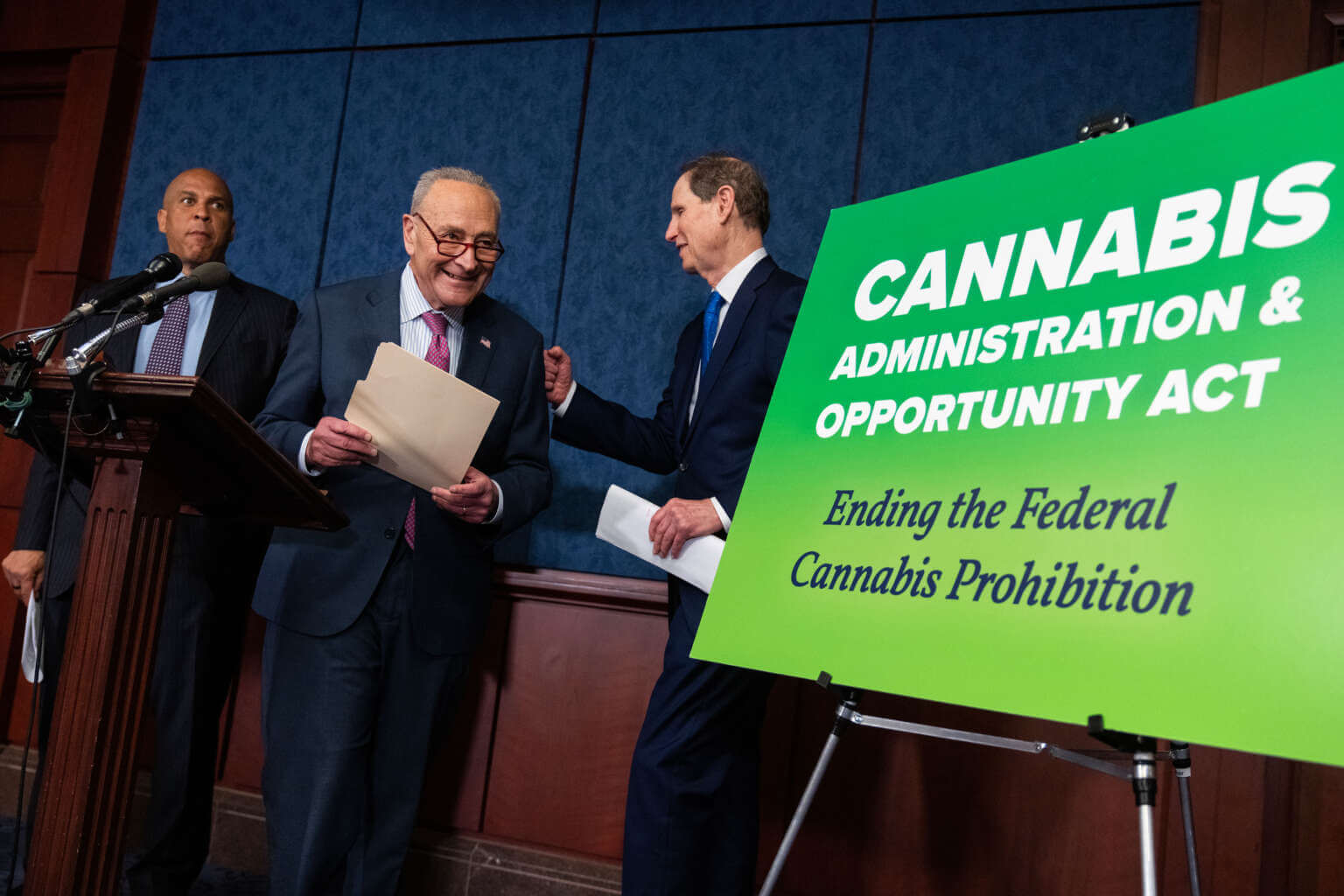In an influential move within the U.S. Senate, the reemergence of the Cannabis Administration and Opportunity Act (CAO) signals a continued shift towards addressing past injustices linked to cannabis laws and restructuring how cannabis is regulated at the federal level. The initiative spearheaded by key lawmakers seeks not only to decriminalize cannabis but also favors comprehensive adjustments concentrating on public safety, research, and social justice.
Understanding the CAO’s foundational goals
The recently reintroduced legislative proposal aims to completely remove cannabis from the federal drug schedule. This action stands as a significant pivot in governmental policy, transitioning from stern prohibition to a more nuanced acknowledgment of cannabis’s role in society. This change reflects a growing understanding among legislators that the war on drugs has disproportionately affected minority communities and needs rectification.
By removing cannabis from federal restriction lists, this act simplifies many complexities surrounding its legal status across various states and potentially unifies a fragmented legal landscape into a cohesive national strategy. Moreover, it highlights a changing perception among federal officials about the seriousness with which cannabis offenses are treated compared to more dangerous substances.
Restorative measures for impacted communities
A cornerstone component of the newly proposed legislation concerns restoring justice to communities hit hardest by previous narcotics policies. The act proposes automatic expungement of federal non-violent cannabis offenses, erasing convictions that have longstanding repercussions on individuals’ civil liberties, employment opportunities, and overall quality of life.
Beyond individual reprieves, the proposed law also introduces a grant program targeting assistance in housing, economic, and community development efforts. This proactive approach entails correcting historical wrongs and actively facilitating a better future for affected populations, laying out a roadmap for prolonged communal healing and improvement.
Emphasizing safety and public health in regulation
The proposed regulatory updates prominently feature safety and public health. Shifting away from prohibition, the focus will now be on ensuring governance models prioritizing consumer safety and reliable information. This includes intensifying research into cannabis effects and optimal regulatory practices that separate and categorize cannabis use in medical versus adult recreational contexts.
With enhanced research initiatives embedded within the legislative framework, lawmakers aim to establish guidelines based on empirical data and scientific guidance—ensuring both user safety and informed decision-making by regulators and consumers alike. This increased focus on evidence-based policy denotes a methodical approach to cannabis, treating it akin to other regulated substances like alcohol or tobacco.
Continued advocacy and legislative journey ahead
The road to implementing such sweeping reforms is neither straight nor obstacle-free. Past attempts to reform cannabis laws at the federal level have encountered substantial resistance reflecting broader ideological divides. Nonetheless, with prominent figures like Sen. Schumer and Sen. Booker championing this cause, there is renewed momentum which could make this legislative session critical in determining the future of cannabis in America.
Ongoing legislative efforts highlight not just the possibility of societal shifts toward greater acceptance of cannabis but also encourage broader conversations about criminal justice reform and the role public policy plays in shaping equitable societal norms. Each step forward lays down incremental victories in a long campaign advocating for rationality and equity in drug related laws.
As these discussions advance, supporters of the act hope to galvanize further awareness and dialogue across different stakeholders, fostering an environment where meaningful change isn’t just proposed, but achieved. With each deliberation, the potential grows for setting precedents that influence global policy orientations concerning cannabis and drug enforcement.
The evolution of cannabis legislation represents more than just changes in regulatory texts; it encapsulates shifts in cultural perceptions, challenges to longstanding stigmas, and most importantly, a chance to amend decades of punitive approaches to drug policy with balanced strategies that advocate dignity and fairness.





